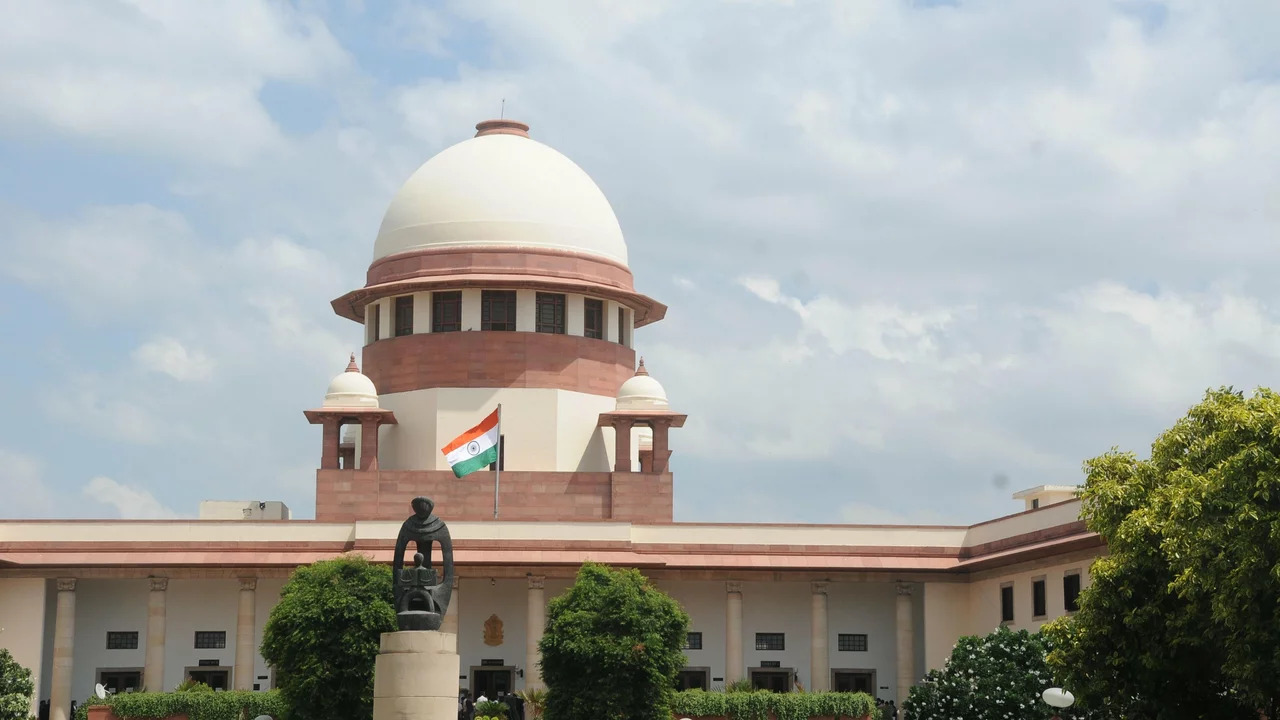
Supreme Deliberation: Understanding the Indian Judiciary System
Often while sipping my morning coffee and scratching Mili's chin, my siamese fluffball (much loved by my son, Kavi), I find myself musing over certain intriguing aspects of our world. One such thought that repetitively tugs at my inquisitive mind is - Can a common man like you and me directly knock on the Supreme Court door to file a case in India? The very idea often makes my imagination travel to a panorama where I stand in the grand court confronting the top judge, kind of like a Bollywood scene, eh?
Discerning the Hierarchical Order – Where do we fit in?
To understand if we can file a case directly in the Supreme Court of India, we first need to delve into the labyrinth of the Indian judicial system. The judicial pyramid showcases the District Courts at its base, followed by the High Court, and culminating at the Supreme Court apex. Now, it becomes crucial to introspect - whether the fact that we rank below this colossal system yanks away our privilege to approach the Supreme Court directly?
Peeling off the Constraints - What's holding us back?
Cinch your belts, folks, as we are about to embark on a roller-coaster ride through the world of legal proceedings. The Indian judicial system views the Supreme Court as the ultimate arbitrator and protector of the Indian Constitution. Conceptually, it is akin to the coveted genie in Aladdin's lamp, rescuing you from the deepest pits of constitutional irregularities. However, in reality, the citizens do not possess the unrestricted privilege to approach the Supreme Court directly. Restrictions and constraining guidelines bung up this route. But remember, legal paths often seem confusing and narrow until navigated!
Mystery Unwrapped - Can we or can we not?
So, can the common man file a case directly in the Supreme Court of India? The short answer is – Yes! But here, conditions apply with the size and complexity of a gargantuan jigsaw puzzle. According to Article 32 of the Indian Constitution, an individual can move directly to the Supreme Court if they believe their fundamental rights have been breached or jeopardized. It implies that if your case is just about anything other than fundamental rights, you, my friend, are out of luck.
Just when I was explaining the intricacies of Article 32 to Kavi, Mili clambered onto my lap and started purring. Seeing my son's confusion melt away upon understanding this subject reminded me of the beauty and practicality of educating youth about our constitutional intricacies as they are tomorrow's torchbearers.
Playing with the Exceptions: A chink in the armor?
At first glance, the aforementioned Article 32 might resemble my siamese Mili’s mewl, soft yet decisive. However, like Mili's surprise pounces often leaving Kavi baffled, Article 32 entails nuances that can even surprise seasoned lawyers. Exceptions like SLP (Special leave Petition) under Article 136 allow a case to be moved directly to the Supreme Court. A case dismissed by a lower court or any tribunal can appeal to the Supreme Court via an SLP. The catch? The approval of this petition lies solely with the Supreme Court's discretion. See, how the system swings both ways?
Conclusion: Navigating the Labyrinth
The legal journey from being a plaintiff to getting justice is akin to navigating a maze. You might bump into dead ends or find shortcuts like in the judicial maze of India. Yes, you can file a case directly in the Supreme Court of India under specific circumstances, although such instances are more of an exception than the rule. It is commendable how our constitution, while maintaining a hierarchy, still allows us, the common people, an opportunity to directly communicate our grievances to the highest judicial authority, thereby ensuring justice is not denied.
This detailed dissection of filing a case directly in the Supreme Court of India, makes for wonderful afternoon talks with Kavi - always wide-eyed, always curious. Belive me, our legal code is just as engaging as any unsolved mystery–coiled, captivating, and calling out for curious minds!